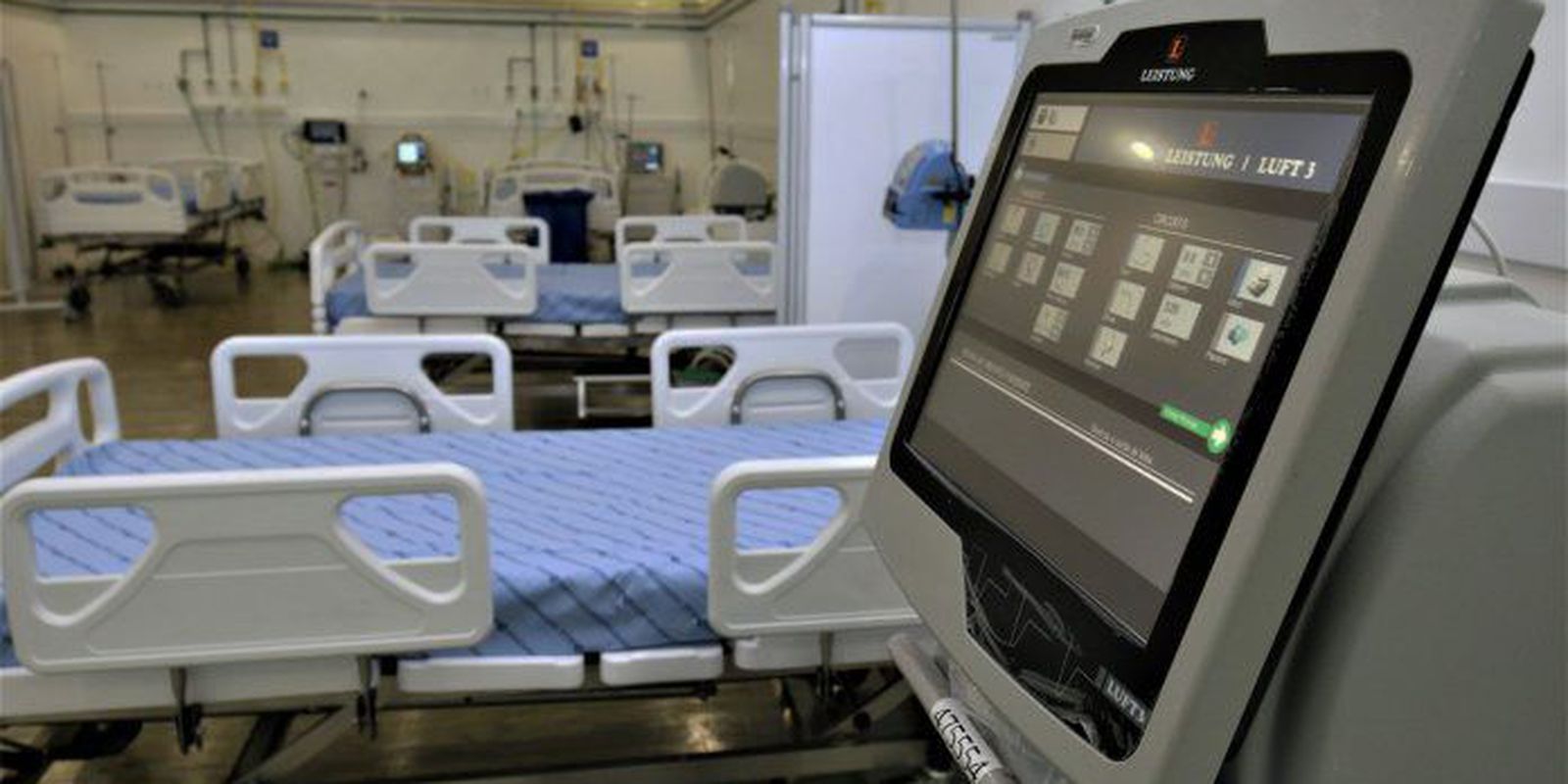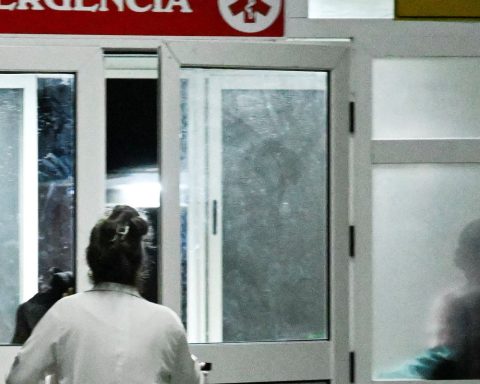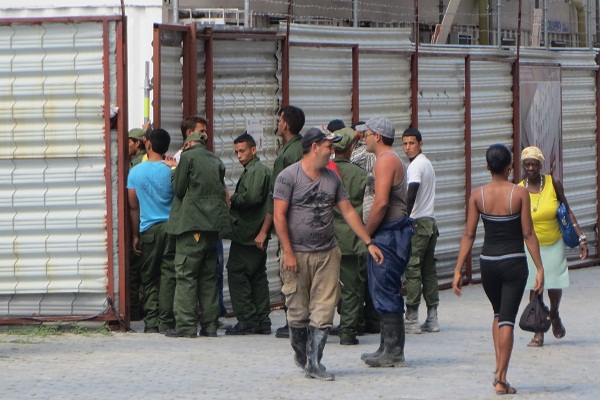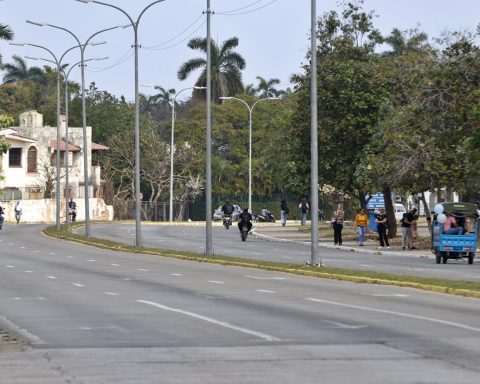The National Health Surveillance Agency (Anvisa) will promote a national campaign to warn about the importance of controlling hospital infections. The Safe Surgery: prevention of surgical site infections campaign takes place on the occasion of the National Day for the Prevention of Hospital Infections, celebrated every year on May 15th.
With the reduction of cases of covid-19 and, consequently, of hospitalizations in the country, elective surgeries were performed again, with a dammed demand for these procedures. In this scenario, Anvisa considers it even more important to make managers and health professionals, as well as the population, aware of the need to implement actions to prevent and control surgical infections.
During the next few days, the health services are encouraged by Anvisa to develop social communication campaigns and educational actions. The objective is to increase the population’s awareness of the problem represented by nosocomial infections and the need for their control.
Next Monday (16), the agency will promote a virtual seminar on the subject, at 10 am, with Dr. Luiz Carlos Von Bahten, from the Brazilian College of Surgeons, and with Dr. Viviane Maria de Carvalho Hessel Dias, president of the Brazilian Association of Professionals in Infection Control and Hospital Epidemiology. Interested parties must access, on the appointed day and time, the link.
In Brazil, since 1999, Anvisa is the body responsible for the national actions for the prevention and control of Health Care-Related Infections (Iras), exercising the attribution of coordinating and technically supporting the District, State and Municipal Coordinations for the Control of Related Infections. to Health Assistance.
In 2021, the agency launched a National Program for the Prevention and Control of Healthcare-Related Infections for the period 2021 to 2025. The aim is to reduce the incidence of nosocomial infections across the country by implementing evidence-based infection prevention and control practices.
According to Anvisa, research shows that when health services and their teams know the magnitude of the problem of infections and start to adhere to programs for the prevention and control of these infections, a reduction of more than 70% of some infections such as , for example, bloodstream infections.
Prevention
Important measures to ensure safe surgery include:
- adequate hand hygiene by health professionals, following the correct technique, whether in antisepsis or preoperative preparation of hands with water, or in surgical hand antisepsis with an alcohol-based product;
- use of antiseptics containing alcohol, associated with chlorhexidine or iodine, in the preparation of the patient’s skin before surgery;
- Guidance to patients and family members on the main measures to prevent surgical site infection, such as hand hygiene and care with dressings and drains;
- maintenance of normothermia (temperature considered normal for the human body) throughout the perioperative period, that is, throughout the time related to the surgical procedure.


















